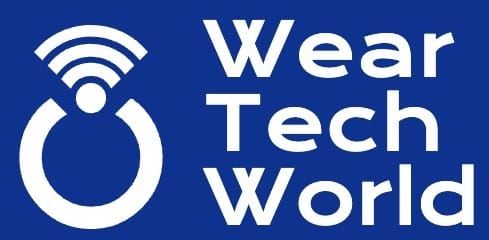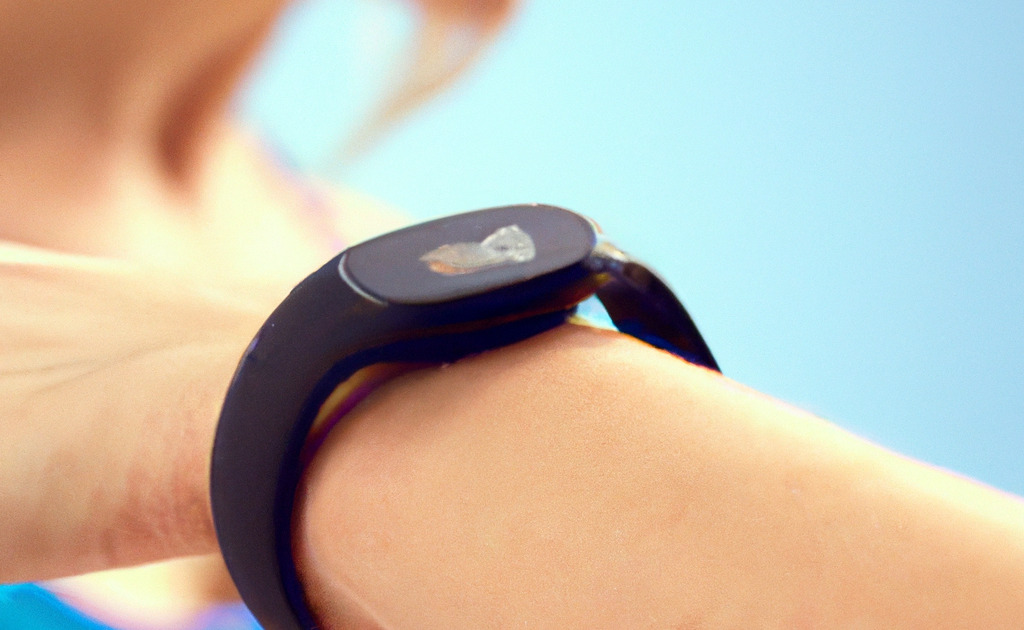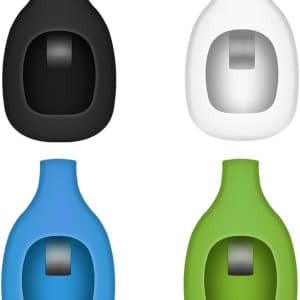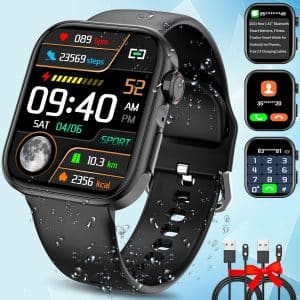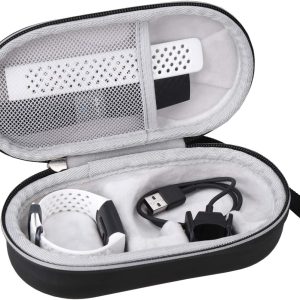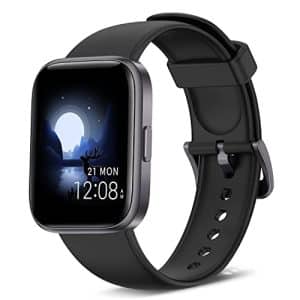Fitness trackers have revolutionized the way we approach health and wellness. The tiny device on your wrist is more than just a step counter. It’s a powerful tool that provides a wealth of data, helping you understand your body’s needs and responses to physical activity. But, is it just about counting steps or monitoring heart rate? Not at all. Fitness trackers have a significant role to play in your post-workout recovery, particularly in the realms of nutrition and rest.
Imagine this scenario. You’ve just finished a grueling workout. Your muscles are sore, you’re drenched in sweat, and you’re feeling the satisfying fatigue that comes from pushing your body to its limits. Now, what’s next? This is where your fitness tracker comes into play, guiding you through the crucial post-workout phase.
Post-workout recovery is a vital aspect of any fitness regimen. It’s during this time that your body repairs damaged muscle tissues, replenishes energy stores, and strengthens itself for future workouts. But how does a fitness tracker assist in this process? The answer lies in its ability to monitor and provide insights into two key recovery components: nutrition and rest.
Nutrition is the fuel your body needs to recover and grow stronger. A fitness tracker can help you monitor your caloric intake and expenditure, ensuring you’re nourishing your body with the right amount and type of food. Rest, on the other hand, is when the magic happens. It’s when your body goes into overdrive repairing and building muscles, and your fitness tracker can help ensure you’re getting enough of it.
Fitness trackers are not just about tracking your physical activity. They’re about helping you understand your body better, guiding you towards healthier habits, and optimizing your fitness journey. So, let’s delve deeper into how fitness trackers can enhance your post-workout recovery through nutrition and rest. It’s time to unlock the full potential of your wearable tech.
Nutrition: Fueling Recovery with Fitness Trackers
Nutrition is a critical component of post-workout recovery. After a strenuous workout, your body needs to replenish its depleted energy stores and repair damaged muscle tissues. This is where the right nutrition comes in. By consuming the correct balance of proteins, carbohydrates, and fats, you provide your body with the necessary fuel to kick-start the recovery process. But how do you know if you’re getting the right nutrition? This is where a fitness tracker can be a game-changer. Fitness trackers come equipped with features that allow you to log your food intake. By doing so, you can monitor your daily caloric intake and compare it with the calories burned during your workout. This helps ensure that you’re consuming enough calories to support your recovery without overeating. But it’s not just about calories. Fitness trackers can also help you keep track of your macronutrient intake. This means you can ensure you’re getting the right balance of proteins, carbohydrates, and fats necessary for optimal recovery.Moreover, some advanced fitness trackers can even provide personalized nutrition recommendations based on your workout intensity and duration. For instance, after a high-intensity workout, your tracker might suggest consuming a meal high in protein and carbohydrates to aid muscle repair and glycogen replenishment. This personalized nutrition advice can be a valuable tool in optimizing your post-workout recovery.However, it’s essential to remember that while fitness trackers can provide valuable insights into your nutrition, they should not replace professional dietary advice. Always consult with a healthcare professional or a registered dietitian to ensure your diet supports your fitness goals and overall health.In a nutshell, fitness trackers can be a powerful tool in guiding your post-workout nutrition. They can help you monitor your caloric and macronutrient intake, provide personalized nutrition advice, and ensure your body gets the fuel it needs to recover effectively. But remember, it’s not just about nutrition. Rest is equally important in the recovery process, and that’s where fitness trackers can also play a significant role.
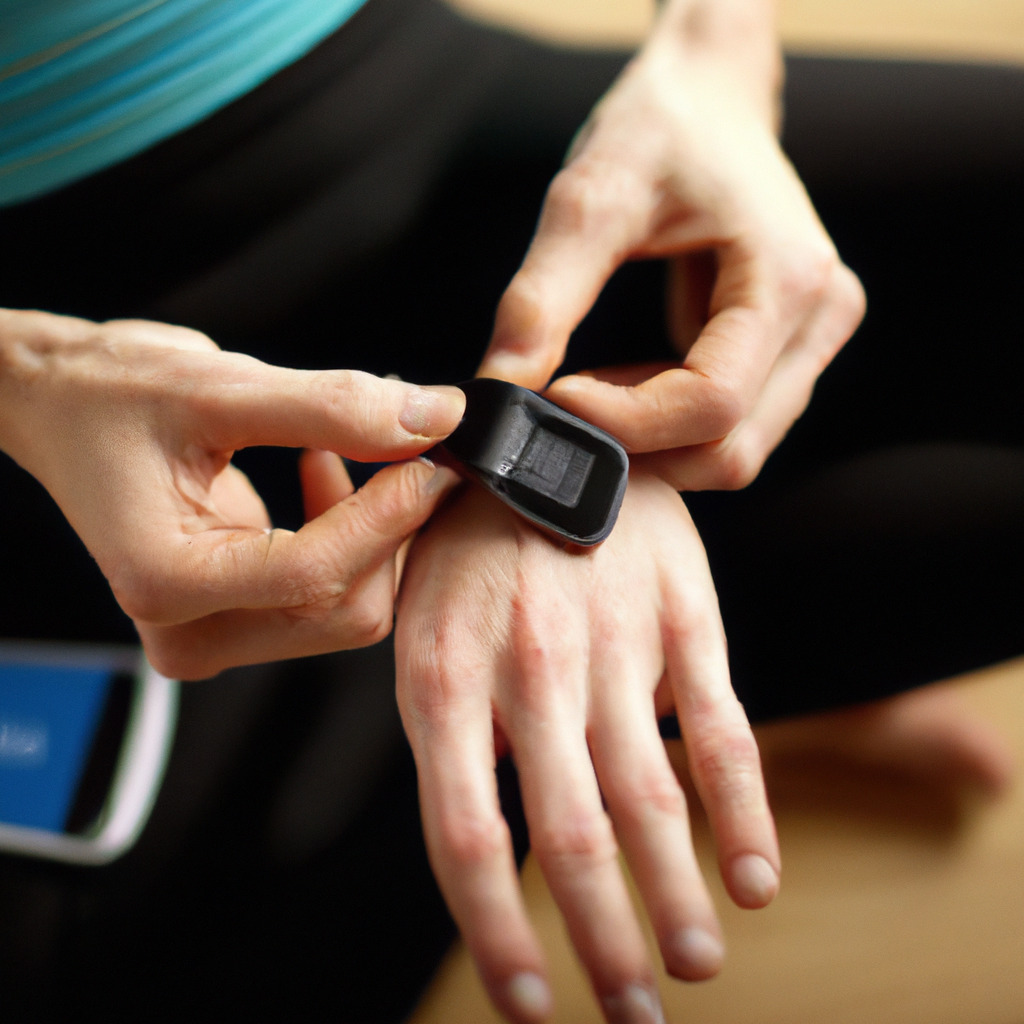
Rest: The Silent Hero of Recovery
While nutrition provides the building blocks for recovery, rest is the stage where the actual construction happens. During rest, your body goes into overdrive repairing damaged muscle tissues, strengthening your cardiovascular system, and replenishing energy stores. Simply put, rest is when your body adapts to the stress of exercise and comes out stronger. But how does a fitness tracker assist in this crucial process? Let’s find out. Fitness trackers, particularly those equipped with heart rate monitors, can provide insights into your resting heart rate. Your resting heart rate is a key indicator of your cardiovascular fitness and recovery status. A lower resting heart rate typically indicates better cardiovascular fitness and more efficient recovery. By monitoring your resting heart rate, your fitness tracker can help you gauge if you’re getting enough rest or if you need to dial back on your workouts. Sleep is another crucial aspect of rest. It’s during sleep that your body produces growth hormones necessary for muscle repair and recovery. Moreover, a good night’s sleep can enhance your mental wellbeing, mood, and overall energy levels, all of which can positively impact your fitness journey. Fitness trackers often come with sleep tracking features, monitoring the duration and quality of your sleep. They can provide insights into your sleep patterns, such as the amount of time spent in different sleep stages. This information can help you understand if you’re getting enough restorative sleep necessary for optimal recovery. Some fitness trackers can even provide personalized recommendations to improve your sleep hygiene, such as maintaining a consistent sleep schedule or creating a relaxing bedtime routine. By helping you optimize your sleep, fitness trackers can play a significant role in enhancing your post-workout recovery. In addition to monitoring your resting heart rate and sleep, fitness trackers can also help you manage stress. High levels of stress can impede your recovery and negatively impact your fitness progress. Some advanced fitness trackers come with stress tracking features, measuring physiological markers of stress such as heart rate variability. By providing insights into your stress levels, these trackers can help you identify when you might need to incorporate stress management techniques such as meditation or deep breathing into your routine. In conclusion, rest is a silent yet powerful hero in your post-workout recovery process. By monitoring your resting heart rate, sleep, and stress, fitness trackers can help you ensure you’re getting enough rest to support your recovery and optimize your fitness progress. But remember, while fitness trackers can provide valuable insights, they should not replace professional medical advice. Always consult with a healthcare professional to ensure your rest and recovery strategies support your overall health and wellbeing.
Maximizing the Potential of Fitness Trackers
So far, we’ve explored how fitness trackers can enhance your post-workout recovery through nutrition and rest. But to truly harness the power of these devices, it’s essential to understand how to maximize their potential. Here are some tips to get the most out of your fitness tracker. Firstly, consistency is key. To get accurate insights into your nutrition, rest, and overall fitness, it’s crucial to consistently wear your tracker and log your data. This means wearing your tracker throughout the day and night, logging your food intake, and syncing your tracker with its companion app regularly. By doing so, you can ensure you’re getting a comprehensive picture of your health and fitness. Secondly, personalize your tracker settings. Most fitness trackers allow you to customize your goals and settings based on your personal needs and fitness objectives. This could include setting your daily step goal, caloric intake, sleep goal, and more. By personalizing your tracker settings, you can ensure it’s tailored to support your unique fitness journey. Thirdly, leverage the social features of your tracker. Many fitness trackers come with social features that allow you to connect with friends, join fitness challenges, and share your progress. These features can provide a sense of community and friendly competition, which can motivate you to stay active and committed to your fitness goals. Lastly, integrate your tracker with other health and wellness apps. Many fitness trackers can sync with other apps, such as food logging apps, sleep tracking apps, and mindfulness apps. By integrating your tracker with these apps, you can get a more holistic view of your health and wellness. In conclusion, fitness trackers are more than just step counters. They’re powerful tools that can provide valuable insights into your health and fitness, guide your post-workout recovery, and ultimately, help you optimize your fitness journey. However, it’s important to remember that while fitness trackers can provide valuable insights, they should not replace professional medical advice. Always consult with a healthcare professional to ensure your fitness regimen supports your overall health and wellbeing.
In the realm of fitness, the importance of post-workout recovery is often overlooked. However, it’s during this crucial phase that your body repairs, rebuilds, and strengthens itself. Nutrition and rest play pivotal roles in this process, providing the fuel and the stage for effective recovery. Fitness trackers, with their advanced tracking capabilities, can be a valuable tool in guiding your post-workout recovery. They can help monitor your caloric and macronutrient intake, ensuring your body gets the fuel it needs to recover. They can track your resting heart rate, sleep, and stress, ensuring you’re getting enough rest to support your recovery. Moreover, by consistently wearing your tracker, personalizing your settings, leveraging its social features, and integrating it with other health and wellness apps, you can maximize the potential of your fitness tracker. However, while fitness trackers can provide valuable insights, they should not replace professional medical advice. Always consult with a healthcare professional to ensure your fitness regimen supports your overall health and wellbeing. In a world where technology is increasingly becoming a part of our daily lives, fitness trackers represent a powerful tool in our health and wellness arsenal. They’re not just about tracking steps or calories. They’re about helping us understand our bodies better, guiding us towards healthier habits, and ultimately, optimizing our fitness journey.
So, are you ready to harness the power of your fitness tracker to enhance your post-workout recovery?
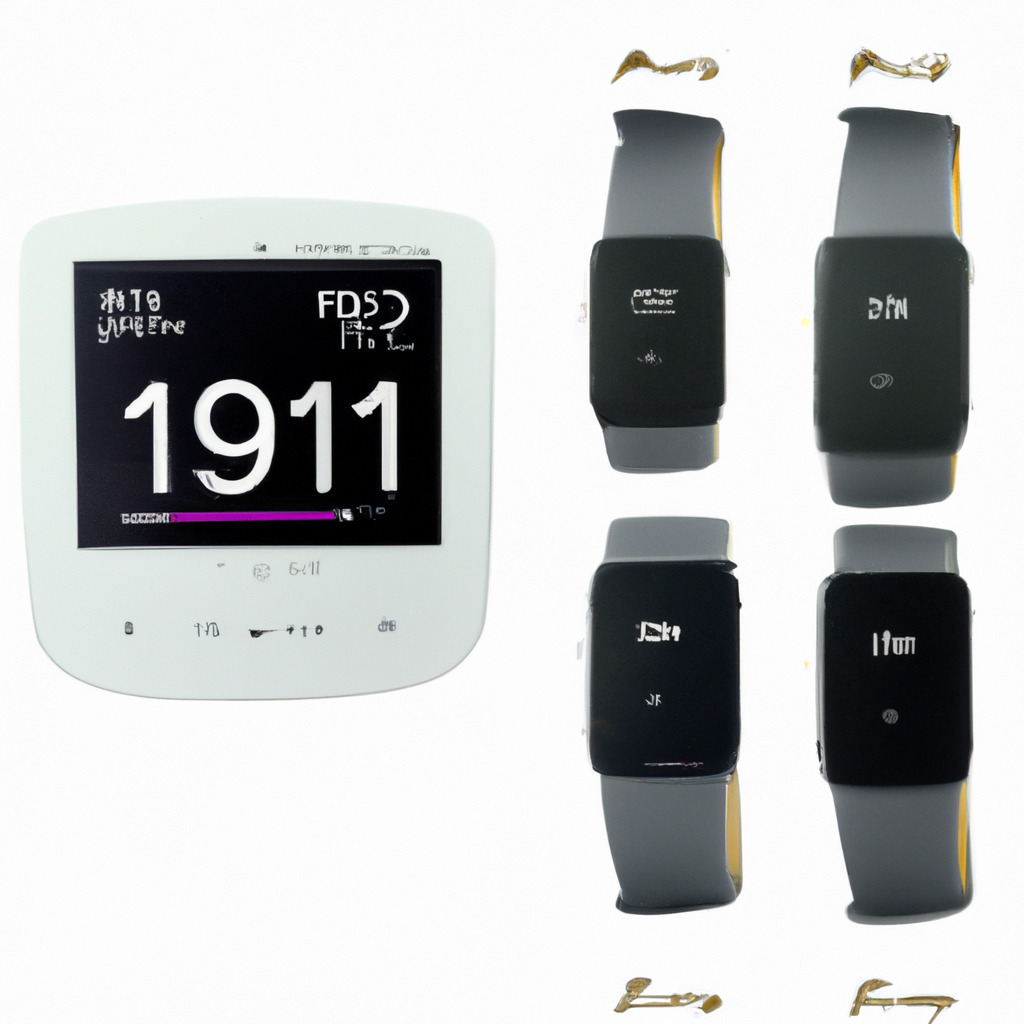
While fitness trackers have revolutionized the way we approach health and wellness, they’re just the tip of the iceberg when it comes to wearable technology. From smartwatches to wireless earbuds, wearable tech is transforming various aspects of our lives. For instance, consider the role of wireless earbuds in enhancing our communication experiences. With advancements in technology, wireless earbuds are now capable of providing seamless video conferencing experiences, making remote communication more efficient and hassle-free. Learn more about how wireless earbuds are untangling the future of communication in this insightful article: Untangling the Future: Wireless Earbuds for Seamless Video Conferencing.
